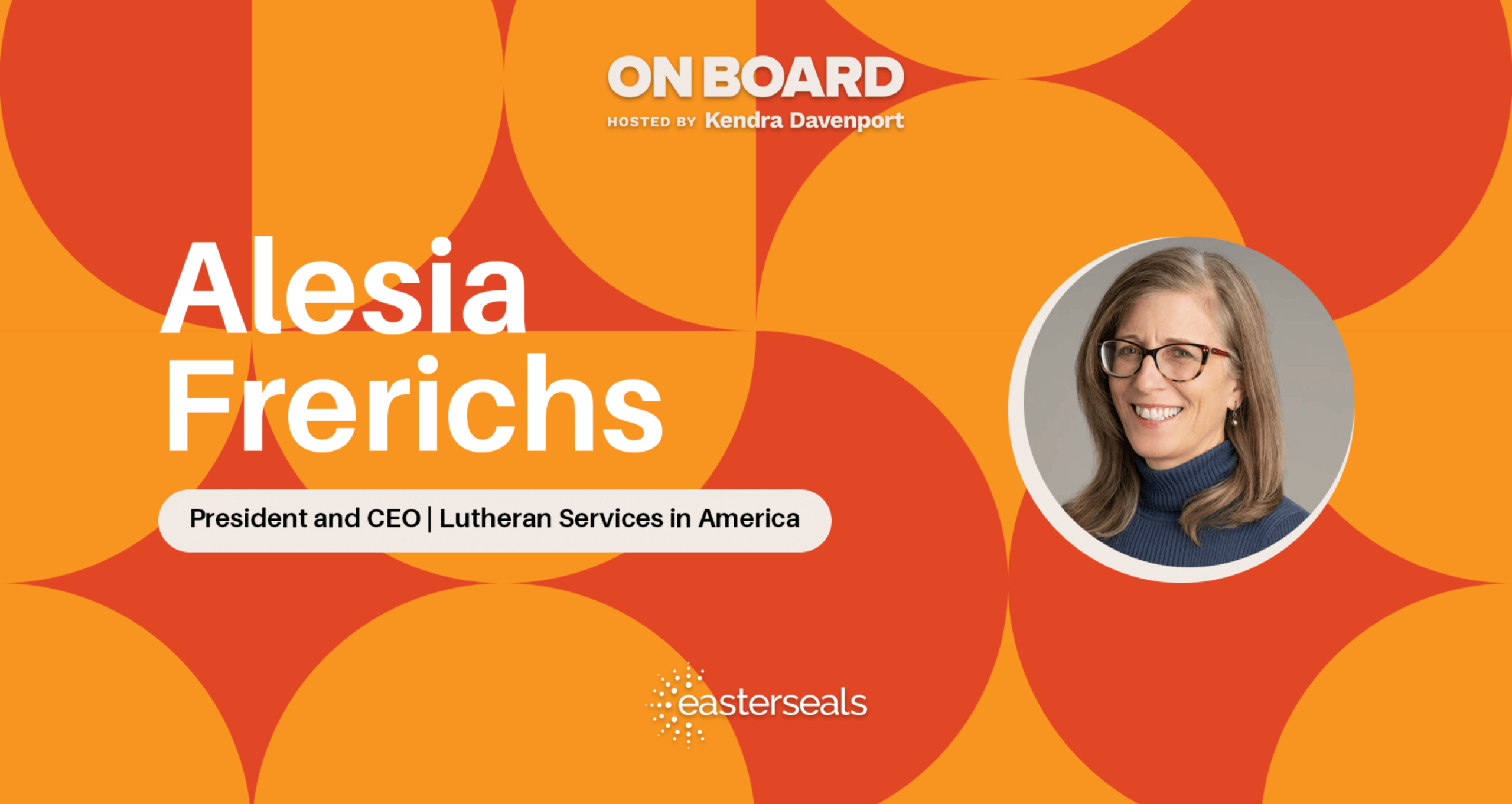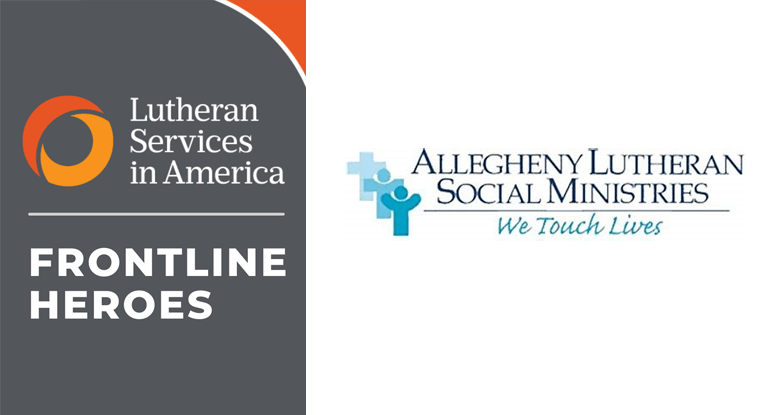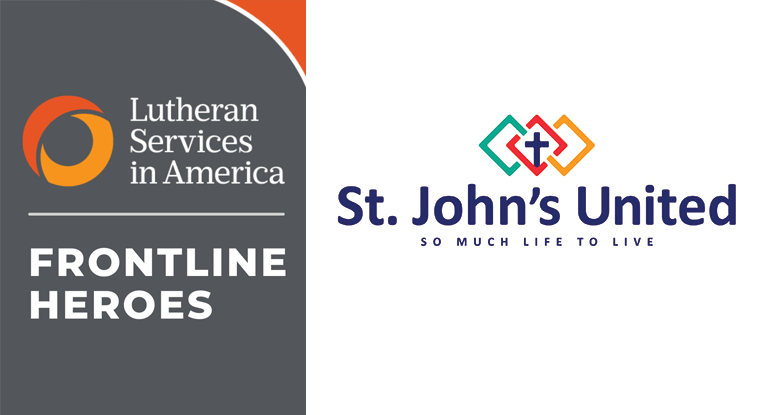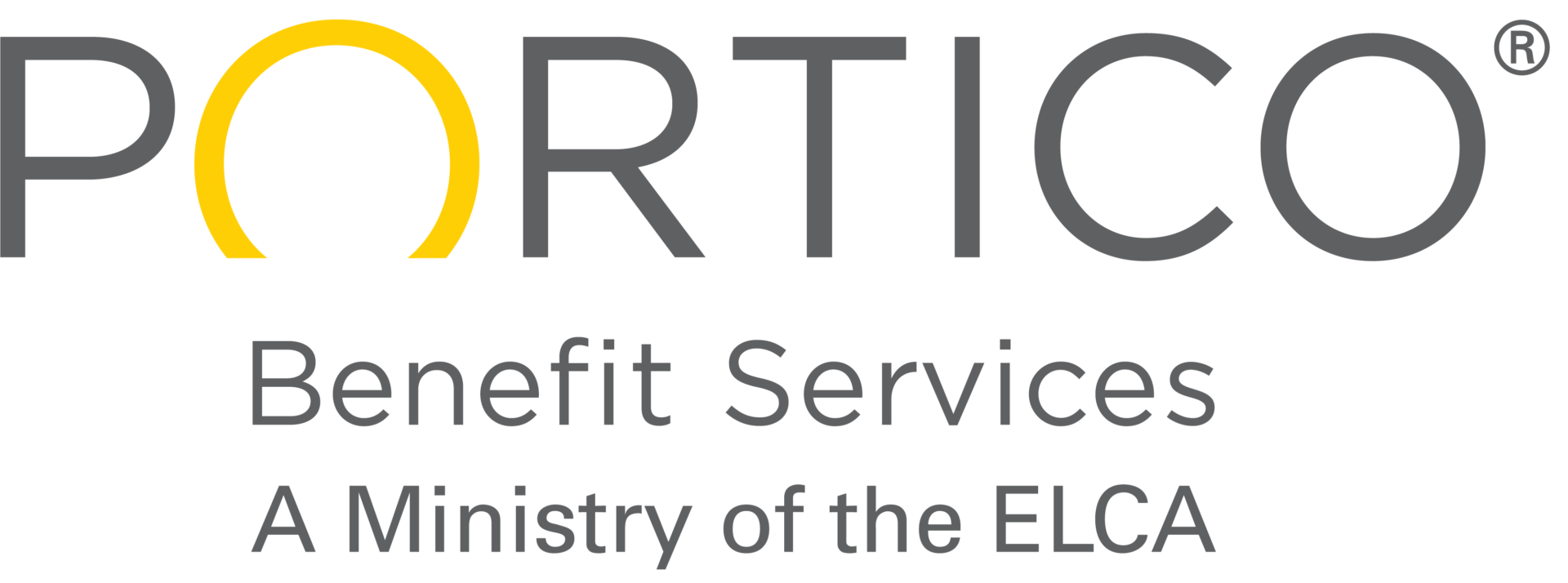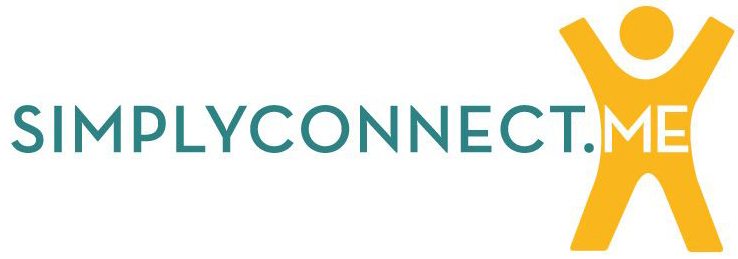A healthy workforce is the backbone of your organization. With no end in sight to rising health care costs and insurance premiums, you need to be strategic in how you plan for the continued financial impact felt by your organization and employees at all levels. Research confirms this anticipated trend: In a recent survey of 455 U.S. employers, 71% said they expect moderate to significant increases in health care costs over the next three years.1
A comprehensive, thoughtfully prepared benefits package remains one of the greatest tools for attracting and retaining quality employees. And health insurance tops the list of necessities. Out of 1,000 adults surveyed by The Locust Group, 84% said health benefits are a big reason why they’ve stayed in their current positions.2 From an employer standpoint, we believe employees covered by great health benefits are destined to be a healthier, happier, more reliable workforce (staying more up to date on preventive care and wellness visits).
But the decision to offer health benefits is incredibly complex, and determining ideal cost-share arrangements is even more so. You have a variety of employee circumstances to consider from job categories (part-time and full-time) and salary ranges to diverse health care needs. So, how do social ministry organizations account for the impossibility of knowing the specifics health care needs of each employee? Offering a mix of health plan coverage options can help you more effectively meet the needs of most employees, and it doesn’t have to cost more.
Health Plan Options 101
As a reminder, here’s an overview of plan coverage options available and which employees might benefit most from each based on the core design tenets. Deductibles and out-of-pocket costs can vary widely across all options.
Preferred Provider Organizations (PPOs): These usually have a deductible amount along with coinsurance percentage paid by the plan. Plan values, deductible amounts, and coinsurance percentages can vary significantly. Popular among employees who want choice when it comes to which providers they can see.
High-deductible health plans (HDHP): With provider choice, an HDHP can be paired with a health savings account (HSA), which remains a popular tax-deductible vehicle for health savings with no expiration on spending balances.
Copay health plans: These plans have fixed copays based on the type of service provided and may provide a more incremental way for employees to meet their deductible rather than incurring that large expense at one time.
At Portico, we offer a range of plan options, including our two PPO style plans: Platinum+ and Gold+; two copay style plans: Select Copay and Value Copay; and two high-deductible plans: Silver+ and Bronze+.
There are multiple ways to put this puzzle together. A great way to really understand your employees and their needs is to send out a survey to find out what their specific pain points are in choosing the “right plan.” Their answers can be incorporated into next year’s annual enrollment process. Portico offers sample surveys to our existing employer clients or can execute surveys on their behalf.
Giving Employees Choices Doesn’t Have to Cost More
No matter how we slice it, one size does not fit all when it comes to health care coverage. As an employer, it may be advantageous to offer a variety of options that allow employees with varying health care situations find a coverage option that best aligns with what they are able to afford. Some employees may be facing exorbitant medical costs for themselves or a dependent, some remain most concerned about potential out-of-pocket costs, while others seek health care coverage where they can contribute to an HSA. While organizations focus on how to offer the best coverage at the lowest cost, the majority of employees are often just trying to understand deductible amounts versus monthly cost. The great news is, when you provide more choice, you don’t have to decide which option is best.
So what does a “good mix” of options look like? For some industry perspective, 80% of Portico’s current health plan clients offer three to four health plan options. One strategy to consider? Offer one of each type of coverage: low-deductible, co-pay, and high-deductible. This can adequately span a wide financial spectrum and range of health care needs. In addition, there are other strategies emerging to help manage costs in tandem with offering multiple options, such as:
- Accounting for different income levels when structuring payroll contributions to help with costs for certain lower-income employee groups7; and
- Changing the way organizations evaluate health insurance costs, looking at “average cost per employee.”8
Keep in Mind ACA requirements
The Affordable Care Act (ACA) states that applicable large employers (employers with 50 or more full-time employees or the equivalent) are legally required to provide “minimum essential health coverage” to employees or be subject to an assessment if any employee receives a premium tax credit for purchasing individual coverage from the marketplace. The minimum essential health coverage must:
- Provide “minimum value” to full-time employees and their dependents, and
- Be affordable based on employer shared responsibility provisions.3
Minimum value is met if it covers at least 60% of the total cost of medical services that are expected to be incurred under the plan.4 Be careful of group health plans that do not “substantially cover” inpatient hospitalization or physicians services, as it’s not clear if these plans satisfy the minimum value — not to mention, they gloss over benefits we all have come to expect as a given.5 All Portico health plan coverage options meet the ACA minimum value requirements.
As for affordability, this standard is met when employee contributions are no more than 9.12% (as adjusted) of an employee’s household income.6
For additional guidance on ACA compliance and essential coverage, organizations should consult IRS.gov or a tax advisor. And remember, there are mandatory ACA reporting requirements that you should be mindful of as we head into tax season.
Additional Support at the Ready
At Portico, we work closely with our health plan clients to identify the best strategies for taking care of employees while simultaneously being cost-conscious and wise about the custom coverage design. Our goal is to help clients see the whole picture and make informed decisions that stand to have positive impact overall.
We also aim to help clients by increasing employee education about their benefits. We often hear that employees may not understand different plan options, which is why clients sometimes hesitate to add more choices to the mix. Our client representatives can meet virtually or on-site during annual enrollment to answer employee questions. As a service to our clients and an incredible benefit to employees, our representatives provide direct support to eligible employees with private, in-person meetings where specific health circumstances and prescription needs can be fully discussed. The reality is, most employees don’t want to share their personal situation with employers, so this is a more comfortable approach with significant impact.
Portico’s experience evaluating different health benefit options stems from having inside experts who have encountered a wide variety of employer scenarios and are equipped to assist by:
- Reviewing cost-share calculations;
- Helping clients structure cost-share arrangements so they’re consistent, fair to employees, and cost-effective;
- Providing thorough information, consultation, and general plan recommendations.
While we can’t make benefit decisions for you, we’re committed to helping organizations navigate this complicated process.
If you’d like to learn more about how Portico’s benefit programs can help you attract and retain your employees, visit porticobenefits.org or contact Ross Eichelberger, VP of Business Development at 612-752-4062 or REichelberger@porticobenefits.org.
Learn more about Portico Benefit Services.
1Todd Shryock, Seventy-One Percent of Employers Expect Moderate to Significant Cost Increases to Health Care Benefits Over the Next Three Years, Medical Economics, Retrieved September 21, 2022, from https://www.medicaleconomics.com/view/71-of-employers-expect-moderate-to-significant-cost-increases-to-health-care-benefits-over-the-next-three-years
2Susan Rupe, Most Workers Say They are Satisfied with Their Employer’s Health Benefits, InsuranceNewsNet, Retrieved September 29, 2022, from https://insurancenewsnet.com/innarticle/most-workers-say-they-are-satisfied-with-their-employer-health-benefits
3Employer Shared Responsibility Provisions, IRS.gov, Retrieved September 30, 2022, from https://www.irs.gov/affordable-care-act/employers/employer-shared-responsibility-provisions
4Minimum Value and Affordability,IRS.gov, Retrieved September 30, 2022, from https://www.irs.gov/affordable-care-act/employers/minimum-value-and-affordability
5Group Health Plans that Fail to Cover In-Patient Hospitalization Services, Notice 2014-69, Retrieved September 30, 2022, from https://www.irs.gov/pub/irs-drop/n-14-69.pdf
6Affordability and Minimum Value, IRS.gov, Retrieved September 30, 2022, from https://www.irs.gov/affordable-care-act/employers/questions-and-answers-on-employer-shared-responsibility-provisions-under-the-affordable-care-act#Affordability
7Renee Cocchi, Employers are Focused on Keeping Healthcare Benefits Costs Down for Employees, HR Morning, Retrieved October 3, 2022, from https://www.hrmorning.com/news/keep-healthcare-benefits-costs-down/
8Marcus Newman, Five Health Insurance Renewal Basics to Make Open Enrollment More Successful, BenefitsPRO, Retrieved September 9, 2022, from https://www.benefitspro.com/2022/07/19/5-tips-to-make-health-insurance-renewal-more-successful/


